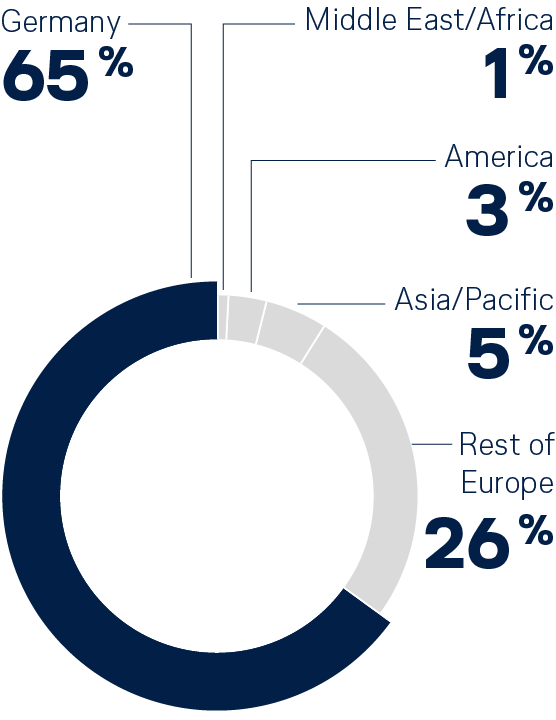Using the EU framework – reforming the Working Time Act
The globally networked, digital world of work requires different regulations than the traditional, industry-based, “on-site” world of work. The European Working Time Directive (2003/88/EC) reflects this necessary differentiation. A reform of the German Working Time Act (Arbeitszeitgesetz – ArbZG) on this basis is overdue. The following points are crucial:
- Maximum weekly working hours: To date, the ArbZG has allowed a maximum of ten hours of work per day. This is often impractical, especially for international companies with employees in different time zones. The EU's definition of a maximum weekly working time offers more flexibility. Several member states are already using this EU directive and have introduced flexible weekly working hours instead of maximum daily working hours.
- Trust-based Working hours: A modern work culture relies on trust-based working hours for “employees with independent decision-making authority”. The Lufthansa Group has been enabling trust-based working hours since 2008. In contrast, the working time recording from “minute one” developed by the European Court of Justice (ECJ) and the German Federal Labor Court (BAG) creates considerable bureaucratic hurdles. It also undermines the culture of trust in companies that has been built up over decades with the social partners.
German lawmakers should finally take advantage of the possibilities offered by the European Working Time Directive to enable a modern and flexible organization of working time.
Reliable rules for strikes
Confrontation instead of cooperation endangers growth and prosperity. The German right to strike should be appropriately regulated for sectors such as aviation, where strikes significantly affect uninvolved third parties (such as passengers). The rule must be: arbitration before strikes. Spain can serve as a role model: a triad of notice periods, emergency service agreements and mandatory arbitration ensures the proportionality in the right to strike there.
 Strikes in the first quarter of 2024
Strikes in the first quarter of 2024
Reducing bureaucracy, promoting digitalization
Germany must continue to consistently reduce unnecessary bureaucratic burdens in labor law and adapt legal regulations to the digital world of work. The amendment to the German Verification Act (Nachweisgesetz – NachwG) is a step forward: from January 2025, documents relating to essential working conditions (salary adjustments, holidays, etc.) can be sent digitally in text form. However, further reforms are needed in the areas of IT co-determination and the reduction of formal requirements, e.g. for employment references. Digital solutions must be easy to implement, with little red tape and at low cost. In addition, state institutions should be better interconnected so that relevant data is collected only once and used efficiently, in line with the once-only principle. Finally, all legal documentation requirements should be regularly reviewed to ensure that they are still necessary.
Making work pay
The attractiveness of a job depends largely on the net pay received by the employee. Rather than discussing a higher gross minimum wage, taxes and contributions should be reduced to increase the net income. In addition, the legislator should create incentives for voluntary overtime work without introducing bureaucratically burdensome regulations such as tax- and social security-free overtime bonuses.


